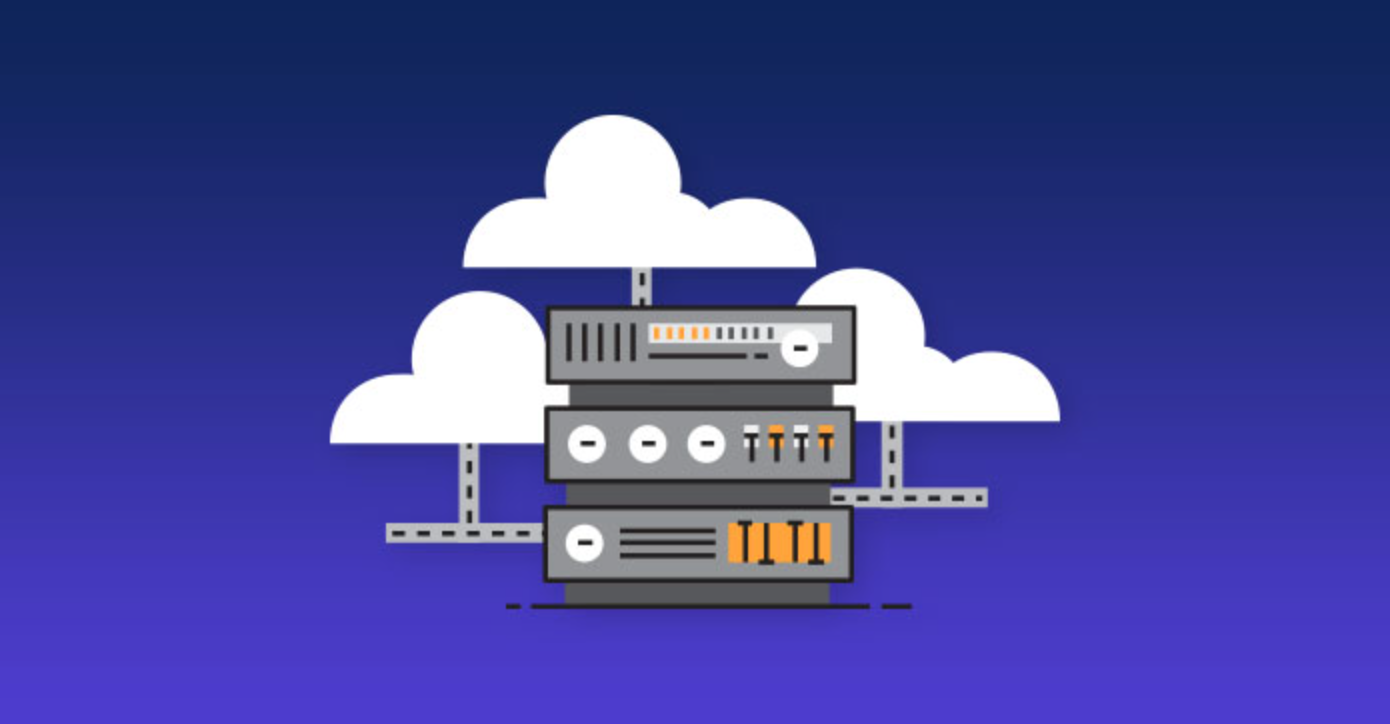PHP Hosting Server – When it comes to building and maintaining a website, selecting the right hosting server is a crucial decision. One of the most popular options available today is PHP hosting. But what exactly does that mean, and why should you care? In this article, we’ll dive deep into PHP hosting servers, discussing everything from what PHP is to how to choose the best hosting provider for your needs. Let’s get started!
What is PHP?
Brief Overview of PHP
PHP, which stands for “Hypertext Preprocessor,” is a widely-used open-source scripting language designed primarily for web development. Its versatility and ease of use make it a top choice for developers worldwide. With PHP, you can create dynamic web pages, manage databases, and build various web applications.
Why PHP is Popular for Web Development
The popularity of PHP can be attributed to its simplicity, flexibility, and strong community support. Whether you’re building a small blog or a large-scale enterprise application, PHP offers the tools and frameworks necessary to bring your ideas to life.
Understanding Hosting Servers
Definition of Hosting Server
A hosting server is a powerful computer that stores and serves websites and applications to users over the internet. It’s essentially the foundation upon which your website operates.
Types of Hosting Servers
When it comes to hosting servers, there are several types to choose from:
Shared Hosting
This is the most economical option, where multiple websites share a single server’s resources. It’s ideal for small websites but can be limiting as your site grows.
VPS Hosting
Virtual Private Server (VPS) hosting provides more resources and control than shared hosting, making it a great middle ground for growing websites.
Dedicated Hosting
With dedicated hosting, you have an entire server to yourself. This is the best choice for high-traffic websites that require maximum performance.
Cloud Hosting
Cloud hosting utilizes a network of servers to host your website. It offers flexibility and scalability, allowing your website to handle varying traffic loads.
Benefits of PHP Hosting Servers
Speed and Performance
One of the standout features of PHP hosting servers is their speed. PHP is optimized for performance, which means that websites running on PHP hosting often load faster than those on other platforms.
Compatibility with Various Databases
PHP seamlessly integrates with various databases, including MySQL and PostgreSQL, making it easy to manage your website’s data.
Security Features
PHP hosting providers typically offer robust security features, including firewalls, regular backups, and SSL certificates, ensuring your website remains safe from threats.
Key Features to Look for in PHP Hosting
PHP Version Compatibility
Make sure the hosting provider supports the latest PHP versions, as they come with important security updates and performance improvements.
Control Panel Access
A user-friendly control panel is crucial for managing your hosting account. Look for providers that offer popular control panels like cPanel or Plesk.
Customer Support
Reliable customer support is essential. Choose a hosting provider with 24/7 support to assist you with any issues that may arise.
How to Choose the Right PHP Hosting Provider
Evaluating Hosting Requirements
Before selecting a hosting provider, assess your website’s needs, such as expected traffic, storage space, and budget.
Reading Reviews and Testimonials
Research potential providers by reading reviews and testimonials from current and former customers. This will give you insight into their reliability and service quality.
Comparing Pricing and Plans
Don’t just settle for the first option you find. Compare pricing and plans to ensure you’re getting the best value for your money.
Setting Up Your PHP Hosting Environment
Step-by-Step Setup Guide
Once you’ve chosen a hosting provider, setting up your PHP hosting environment is straightforward. Follow these steps:
- Sign Up for a Hosting Plan: Choose the plan that fits your needs and complete the registration process.
- Access Your Control Panel: Log into your control panel to manage your account.
- Install PHP: Most hosting providers offer one-click installations for PHP. Follow the prompts to set it up.
- Configure Your Database: Set up a database for your website using tools like phpMyAdmin.
Installing PHP and Necessary Extensions
Make sure to install any necessary PHP extensions based on your application requirements. Extensions can enhance your website’s functionality.
Common Issues and Troubleshooting
Common Errors in PHP Hosting
While PHP hosting is generally reliable, you may encounter errors like “500 Internal Server Error” or “404 Not Found.” Understanding these issues is crucial for quick resolution.
How to Resolve Hosting Issues
Check your server logs to diagnose problems. Additionally, don’t hesitate to reach out to your hosting provider’s support team for assistance.
Optimizing Your PHP Hosting for Performance
Caching Solutions
Implement caching solutions to improve load times. Tools like APC or Memcached can help speed up your PHP applications.
Code Optimization Techniques
Optimize your PHP code to enhance performance. Avoid using unnecessary loops and functions to streamline your code and improve efficiency.
Security Considerations for PHP Hosting
Importance of Security Measures
Securing your PHP hosting environment is essential to protect against cyber threats. Always implement security measures to safeguard your website.
Recommended Security Practices
- Regularly Update PHP: Keep your PHP version up to date.
- Use Strong Passwords: Ensure your passwords are complex and unique.
- Install Security Plugins: Consider using security plugins to enhance protection.
Future Trends in PHP Hosting
Emerging Technologies
As technology evolves, so does PHP. Expect to see advancements in frameworks and tools that enhance PHP development.
The Role of PHP in Future Web Development
PHP will continue to play a significant role in web development, with a focus on improving performance and security to meet the needs of modern applications.
Conclusion
Choosing the right PHP hosting server is crucial for the success of your website. By understanding what PHP is, the types of hosting available, and the key features to look for, you can make an informed decision that meets your needs. With proper setup, optimization, and security measures in place, your PHP hosting experience can be smooth and successful.
